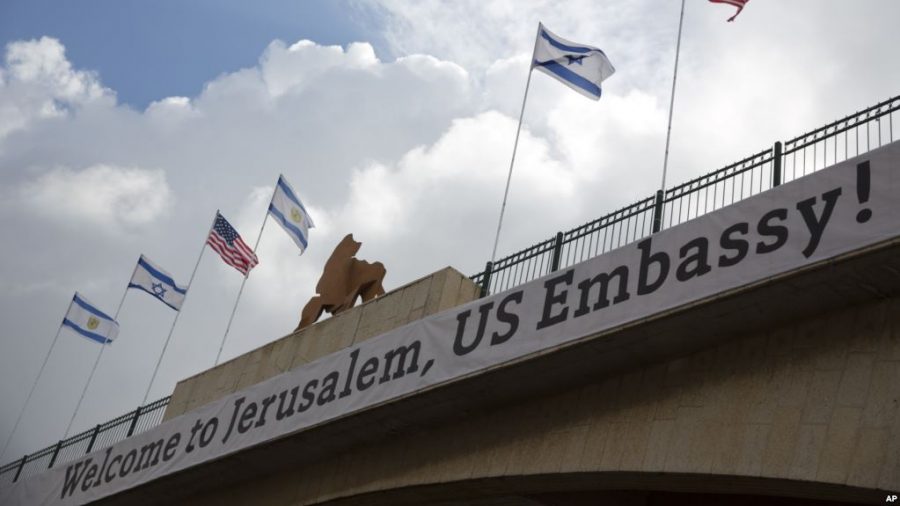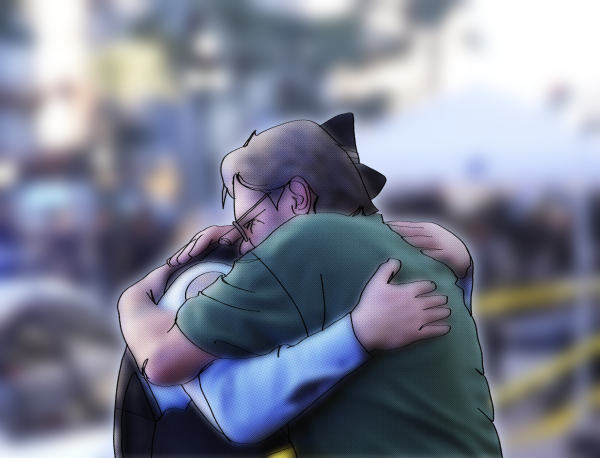U.S. Government Relocates Embassy from Tel Aviv to Jerusalem
VOA News
In a historic move by the U.S government, President Donald Trump has announced the moving of the U.S embassy from Tel Aviv to Jerusalem. The embassy is set to open in late May in the Western section of the city. Jerusalem is the contested capital of the State of Israel, being claimed by both the Palestinian Authority and the State of Israel as their respective capitals.
The embassy move has been delayed by the United States for several years. The Jerusalem Embassy Act of 1995 passed by Congress mandated that the United States formally recognized Jerusalem as Israel’s capital and that the U.S embassy would be relocated there. However, the bill contains a clause that allows the sitting U.S President to delay moving the embassy in the interest of national security for six months. Since then, every U.S President has triggered that clause for fear that Israel and the U.S would be seriously threatened. President Donald Trump is no exception, having triggered the clause in the early months of his presidency despite voicing support for the embassy move during his campaign.
The people of Israel and their government reacted to the embassy move with a fanatical wave of support. Israeli Prime Minister Benjamin Netanyahu praised Donald Trump for this move, hailing the move as a sign of the unbreakable bond between the U.S and Israel. Signs are littered across Jerusalem sporting pro American slogans such as “God Bless Trump”. At the opening of the embassy were several prominent U.S. and Israeli officials such as the Israeli President Reuven Rivlin, Israeli Prime Minister Benjamin Netanyahu, Jared Kushner and Ivanka Trump. Many of those present gave moving speeches of the importance of the U.S.-Israeli alliance and how Jerusalem would factor into solving the Israeli-Palestinian conflict.
“Both the Israeli’s and Palestinians must move towards peace despite any action by the international community that may prevent it from happening,” junior Sofi Villarroel said.
Seemingly overnight, already existing conflicts along the Israeli Gaza border worsened. The Israeli Defense Force quelled a significant amount of Gazan protestors using tear gas and rubber bullets, killing some. It is unclear how much violent backlash is in store for Israel in the coming months, but nations such as Paraguay have already followed in the footsteps of the U.S government further complicating the international status of Palestine.
Your donation will support the student journalists of Coral Gables Senior High School. Your contribution will help us cover our annual website hosting costs.

Pablo Hanono is a senior in the International Baccalaureate (IB) program at Coral Gables Senior High School. This is Pablo's second year in CavsConnect,...










